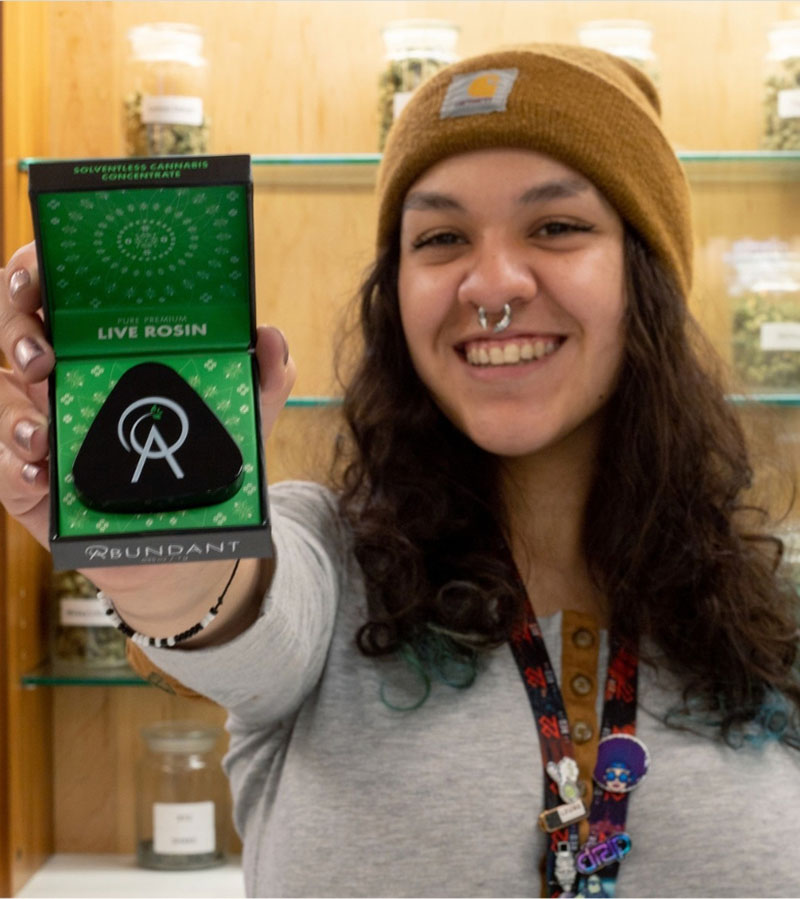Glaucoma is a neurological condition that may lead to blindness if left untreated. It is caused by optic nerve damage. Interestingly, glaucoma is now widely accepted to be a neurogenerative disease. Some studies even link it to a higher likelihood of developing Alzheimer's Disease. This particular condition is not well understood, but much of the eye pressure and pain associated with glaucoma can be associated with intraocular pressure (IOP). Treatment for glaucoma often is in the form of prescription eye drops and surgery. Surgery has made blindness much more preventable, but managing other symptoms such as eye pain/pressure, headaches and nausea can be more difficult.
Glaucoma is also a qualifying condition for medical marijuana in Arizona and in many other legal states. Studies going all the way back to the 1970s show cannabis' ability to relieve IOP, even for a short time. IOP increases with a buildup of fluid over time; a high IOP means this fluid is not draining properly. This, in turn, results in damage to the optic nerve over time leading to more vision issues. This buildup may be caused by inflammation of the uvea (the part of the eye containing the iris). As many of us already know, cannabis has anti-inflammatory properties, which may aid in reducing this pressure.
However, many opthamalogist resist encouraging cannabis use, primarily because smoking can lead to varying IOP, and may even make the condition worse. Some patients may want to avoid the side effects of ingesting cannabis as well, such as psychoactivity. Luckily, there are other modes of ingestion that would eliminate these side effects. One of the increasingly popular methods are medicated eye drops, which may be even more effective because of their proximity to the affected area when applied. A downside: the relief may only last for a short duration, requiring the patient to repeatedly reapply/reingest the cannabis.
There has been recent research revealing receptors for the active components of cannabis in the tissues of the eye itself, making applying the medicine directly to the eye even more promising. Furthermore, there is evidence that cannabis acts as a neuroprotectant. This means that cannabis may be helpful not only with lowering the IOP, pain and inflammation, but also with protecting the optic nerve itself.
Whether glaucoma is treated with surgery, over-the-counter medications or cannabis, there is no reason to suffer or risk going blind. We are lucky there are a range of options available to us.
You can learn more about glaucoma and its potential treatments here. -- Taylor Haynes











